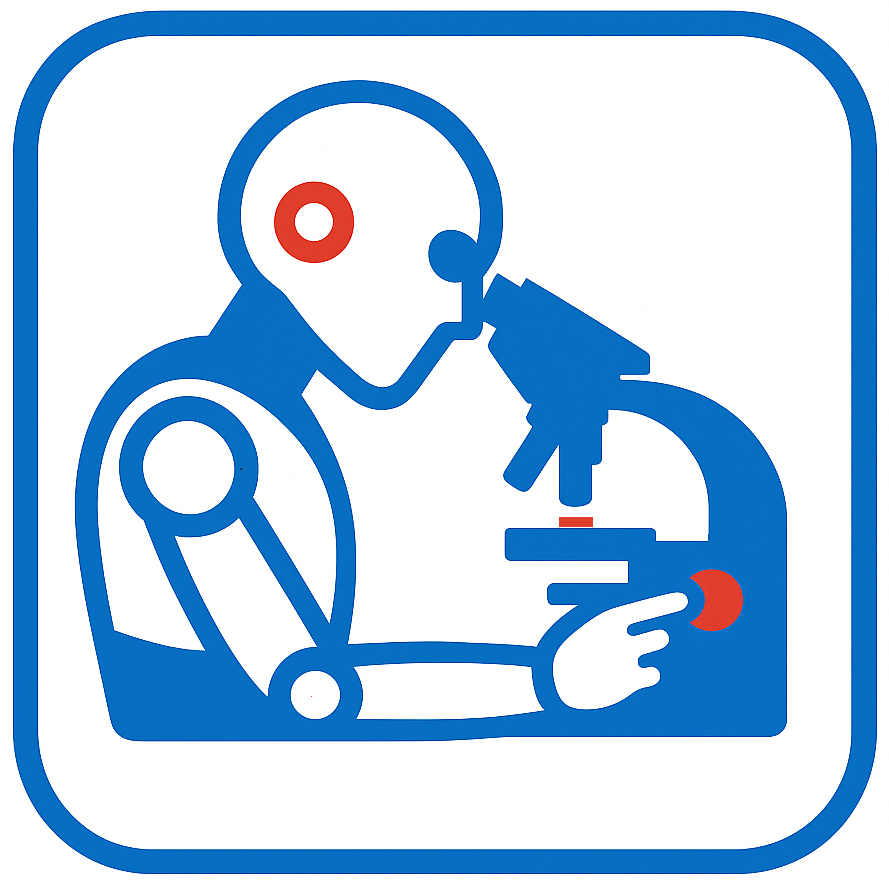
Welcome to our new monthly series: What’s Trending in AI-Assisted Health. Each month, we highlight key innovations, debates, and breakthroughs shaping how artificial intelligence supports healthcare worldwide. Here’s what’s making headlines in August 2025:
The UK’s NHS is testing an AI tool at Chelsea and Westminster Trust to auto-generate discharge summaries. The goal: reduce paperwork, free up clinician time, and ease hospital bed bottlenecks. This reflects a growing trend of AI improving workflow efficiency across health systems.
AI chatbot therapists are gaining traction, with clinically validated apps like Limbic now used in NHS Talking Therapies. Yet The Times reports rising concern over unregulated alternatives that may put vulnerable patients at risk. The question of oversight remains pressing as mental health embraces digital tools.
A collaboration between Cleveland Clinic and Piramidal is producing an AI model that analyzes EEG data in real time. According to WIRED, this technology can detect critical neurological events within seconds, potentially transforming intensive care monitoring.
Real-world data from Nairobi shows promising outcomes: an AI Consult tool reduced diagnostic errors by 16% and treatment errors by 13%. As TIME highlights, AI can serve as a silent co-pilot in busy clinics, improving patient safety where resources are stretched.
Emerging apps such as Harvard’s “FaceAge” use facial features to predict biological age and potential health risks. Coverage from Business Insider points to both opportunities and ethical concerns. While the tech intrigues, the debate over privacy and misuse remains unresolved.
In Australia, researchers applied AI to identify an existing lung-scarring drug as a candidate for treating COPD. As reported by the Herald Sun, the approach cut the discovery timeline from five years to one. It’s a powerful example of AI enabling faster cures.
Bottom line: From discharge notes to ICU monitors, from therapy apps to drug discovery, AI is no longer at the margins of healthcare—it’s in the mainstream. The challenge now is ensuring safe, transparent, and ethical adoption across every domain.
⬐ Turn Confusing Numbers Into Clear Insights ⬎